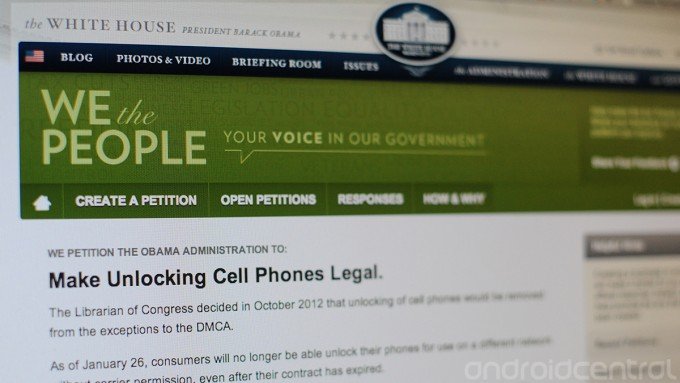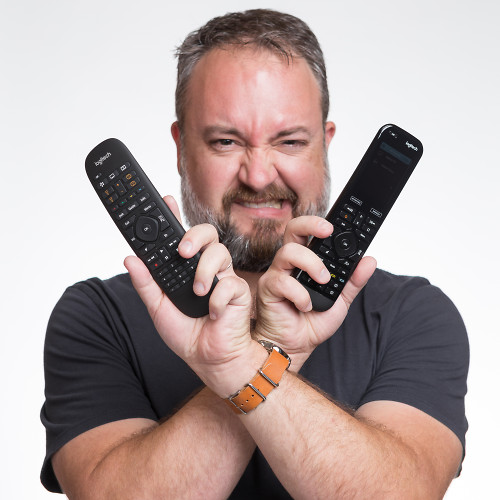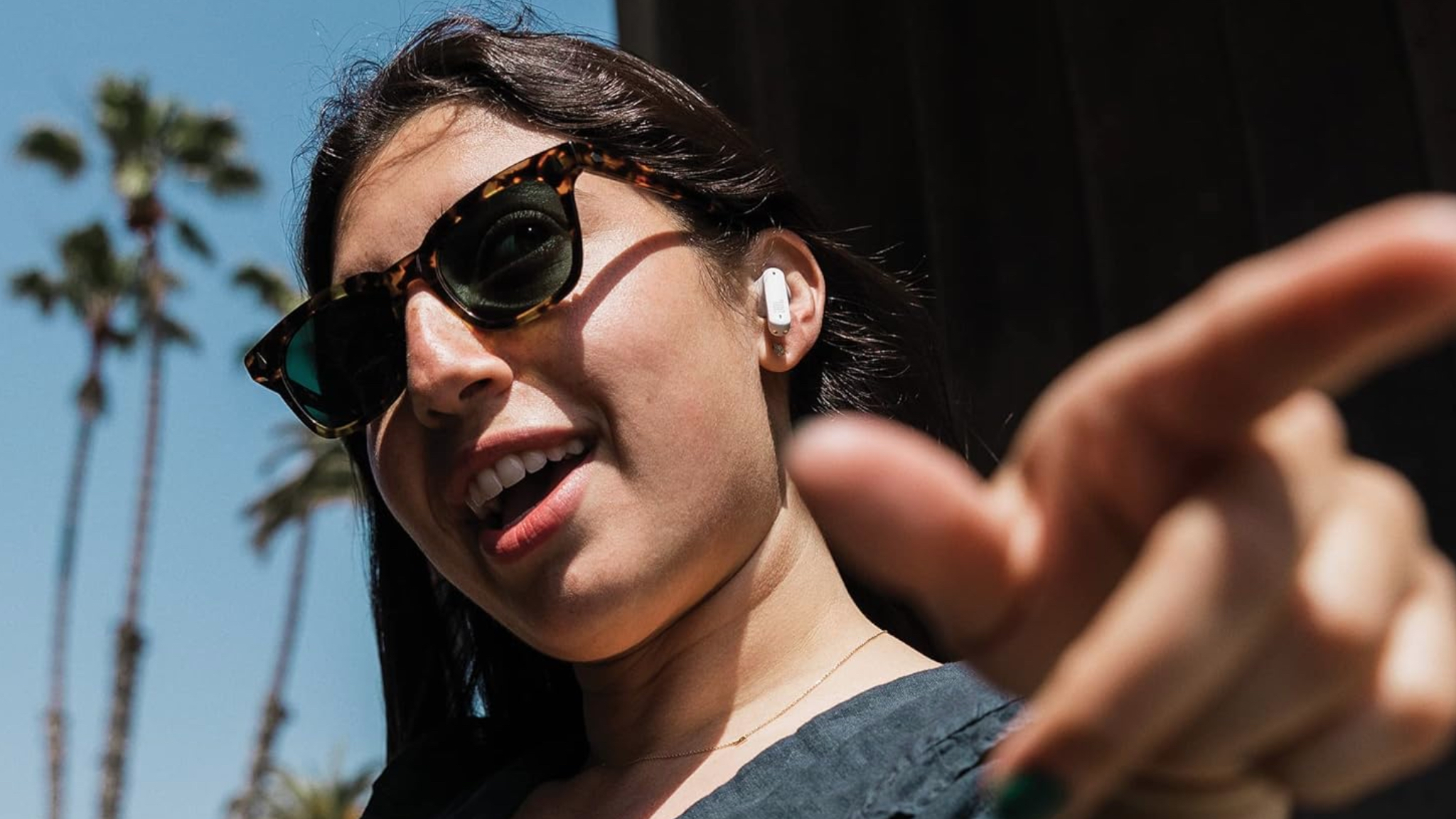White House, FCC chair agree SIM unlocking should be legal

Some good news today in the fight for making it legal to SIM-unlock your phone without having to go through an operator. The White House has swiftly responded to the petition that garnered the support of more than 114,000 people, with a pretty crystal clear subject line -- "It's time to legalize cell phone unlocking."
That's a pretty powerful step in the right direction, but it doesn't actually change anything yet. If you want to (legally) SIM unlock your phone, you still have to go through your operator to get it done. That, in and of itself, is not a bad thing. If your account is in good standing and you've paid off the subsidy on your phone, they should hand over the SIM unlock code with no problem.
There are cases, however, that make things a little more difficult, and that's where this legality issue comes into play.
R. David Edelman, senior advisor for Internet, Innovation & Privacy, authored the response, saying, in part:
The White House agrees with the 114,000+ of you who believe that consumers should be able to unlock their cell phones without risking criminal or other penalties. In fact, we believe the same principle should also apply to tablets, which are increasingly similar to smart phones. And if you have paid for your mobile device, and aren't bound by a service agreement or other obligation, you should be able to use it on another network. It's common sense, crucial for protecting consumer choice, and important for ensuring we continue to have the vibrant, competitive wireless market that delivers innovative products and solid service to meet consumers' needs.This is particularly important for secondhand or other mobile devices that you might buy or receive as a gift, and want to activate on the wireless network that meets your needs -- even if it isn't the one on which the device was first activated. All consumers deserve that flexibility.
Julius Genachowski, chairman of the Federal Communications Commission, issued his own statement today as well:
“The Copyright Office of the Library of Congress recently reversed its longstanding position and stated itis a violation of the Digital Millennium Copyright Act for consumers to unlock new mobile phones, eventhose outside of contract periods, without their wireless providers’ permission, and that consumers aresubject to criminal penalties if they do."From a communications policy perspective, this raises serious competition and innovation concerns, andfor wireless consumers, it doesn't pass the common sense test. The FCC is examining this issue, lookinginto whether the agency, wireless providers, or others should take action to preserve consumers' ability tounlock their mobile phones. I also encourage Congress to take a close look and consider a legislativesolution."
We wouldn't go so far as to call this a win for consumers yet. Nothing's actually changed, and mobile operators aren't going to make any sort of change that could cost them money easy to come by. This does, however, remain about the principle of the matter as much as anything else. But that the White House responded as quickly as it did -- and, we believe, in the proper manner -- is a big step in the right direction.
Sources: White House; FCC (pdf)
Get the latest news from Android Central, your trusted companion in the world of Android

